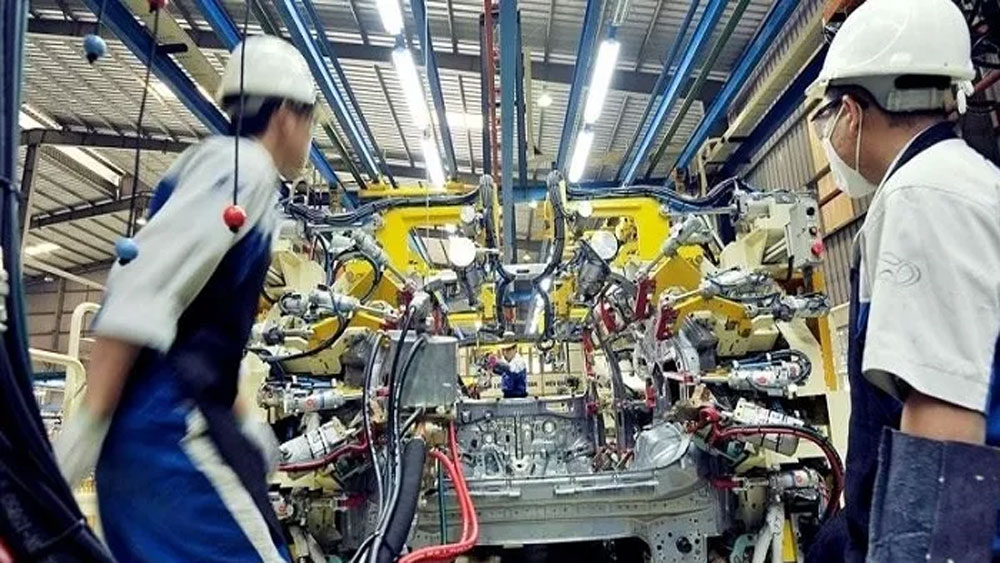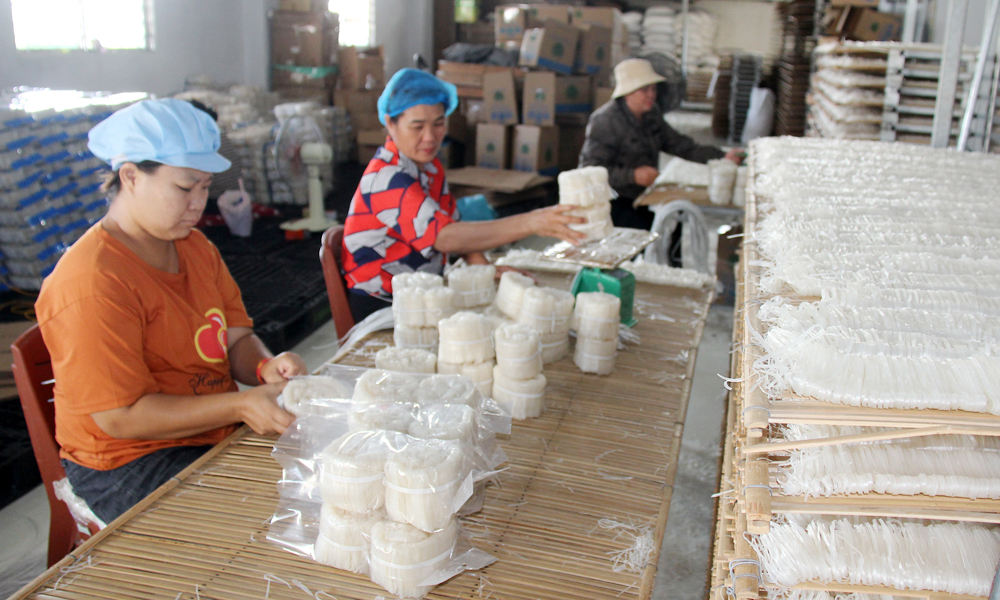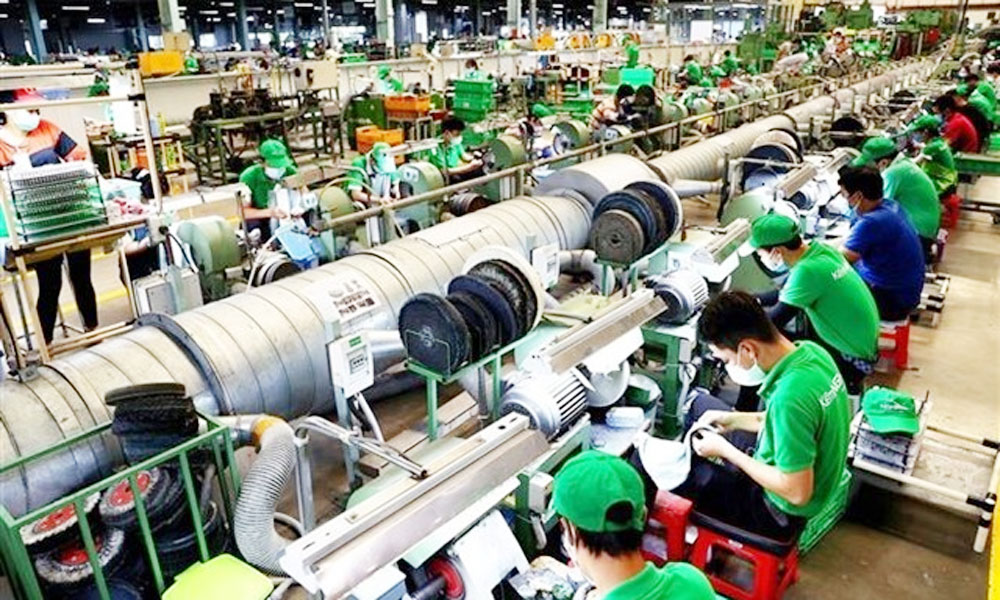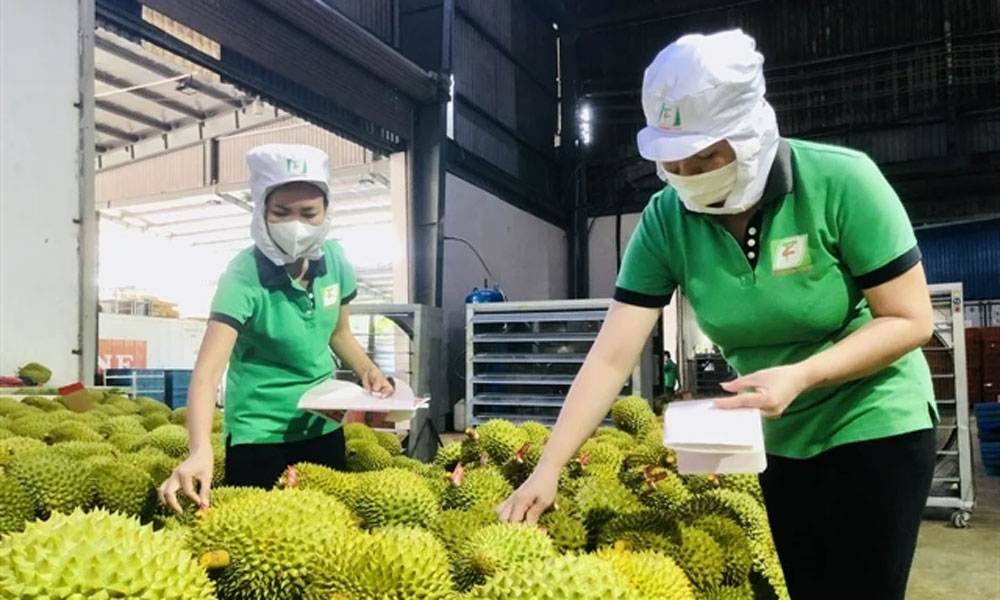Most economic and financial indicators prove Vietnam’s resilience amid Covid-19
The document said that the Covid-19 outbreak in Da Nang has been brought under control by the local authorities, with infection rates falling to single digits since late August. The outbreak forced the authorities to restrict mobility in a targeted manner and to increase other mitigating measures. This targeted approach has affected the economy less than the April nation-wide lockdown.
 |
|
Most economic and financial indicators continue to demonstrate Vietnam’s resilience, according to the WB. |
According to the WB, most economic and financial indicators continued to demonstrate Vietnam’s resilience, but the domestic rebound moderated in August, partly as the result of the Covid-19 outbreak in Da Nang.
Exports continued to perform well despite international headwinds, while FDI inflows slowed significantly. Going forward, the WB suggests that attention should be paid to domestic and foreign investors who may postpone their plans in the current uncertain environment as well as the government’s response, which needs to stimulate the recovery in the short term and preserve fiscal and debt sustainability in the longer term.
In the first eight months of the year, revenues reached 58.3% of estimated collections – 12.4% lower than the same period in 2019 – due to the economic slowdown and deferred taxes for businesses and individuals designed to support economic recovery. Concurrently, public expenditure was 8.2% higher than during the same period in 2019, reflecting fiscal accommodations to support economic recovery.
In line with the objective to accelerate the execution of the public investment programme, capital expenditure increased to VND221.7 trillion in the first eight months of 2020, up 41.4% compared to the same period in 2019.
The domestic economy expanded in August but at a slower rate than in July and significantly below the rates recorded a year ago. Industrial production (NSA) grew by 2.1% (y/y) in August, compared to 4.0% (y/y) in July. Growth of retail sales of goods and services (SA) slowed to 2.3 (y/y) in August compared to 5.2% (y/y) in July.
In August, Vietnam’s export performance remained resilient, growing 1.42% (m/m, SA), but FDI inflows moderated significantly as they reached about US$720 million in August compared to US$3.1 billion in July 2020. Overall, Vietnam received US$19.5 billion in FDI during the first eight months of 2020, a 14% decline compared to the same period in 2019.
Inflation remained subdued at 3.2% (y/y) in August, slightly lower than in recent months due to the stability of food prices. Credit in the economy continued to moderate at 9.4% (y/y) in July, reflecting the decline in economic activity despite the State Bank of Vietnam (SBV)’s policy of reducing interest rates and encouraging commercial credit.
At end of August, the level of international reserves held by the SBV was equal to US$92 billion, up from US$80 billion at the end of December. While this increase was not as rapid as that reported for the same period in 2019, it demonstrates the resilience of Vietnam’s economy, which reached a record-high merchandise trade surplus and attracted substantial FDI despite the pandemic.
This performance helped mitigate the impact of lower remittances and foreign exchange earnings from foreign visitors, according to the report. Meanwhile, the resilience of Vietnam’s balance of payments was corroborated by the stability of the value of the local currency compared to the US dollar.
Looking ahead, the pace of economic recovery will depend on how well domestic demand recovers in the wake of the Da Nang outbreak. Greater attention should be paid to the impacts of the crisis and on fiscal and financial stability in the medium to longer terms, and to policies designed to address them, the report suggested.
Source: NDO
 Bắc giang
Bắc giang













Reader's comments (0)